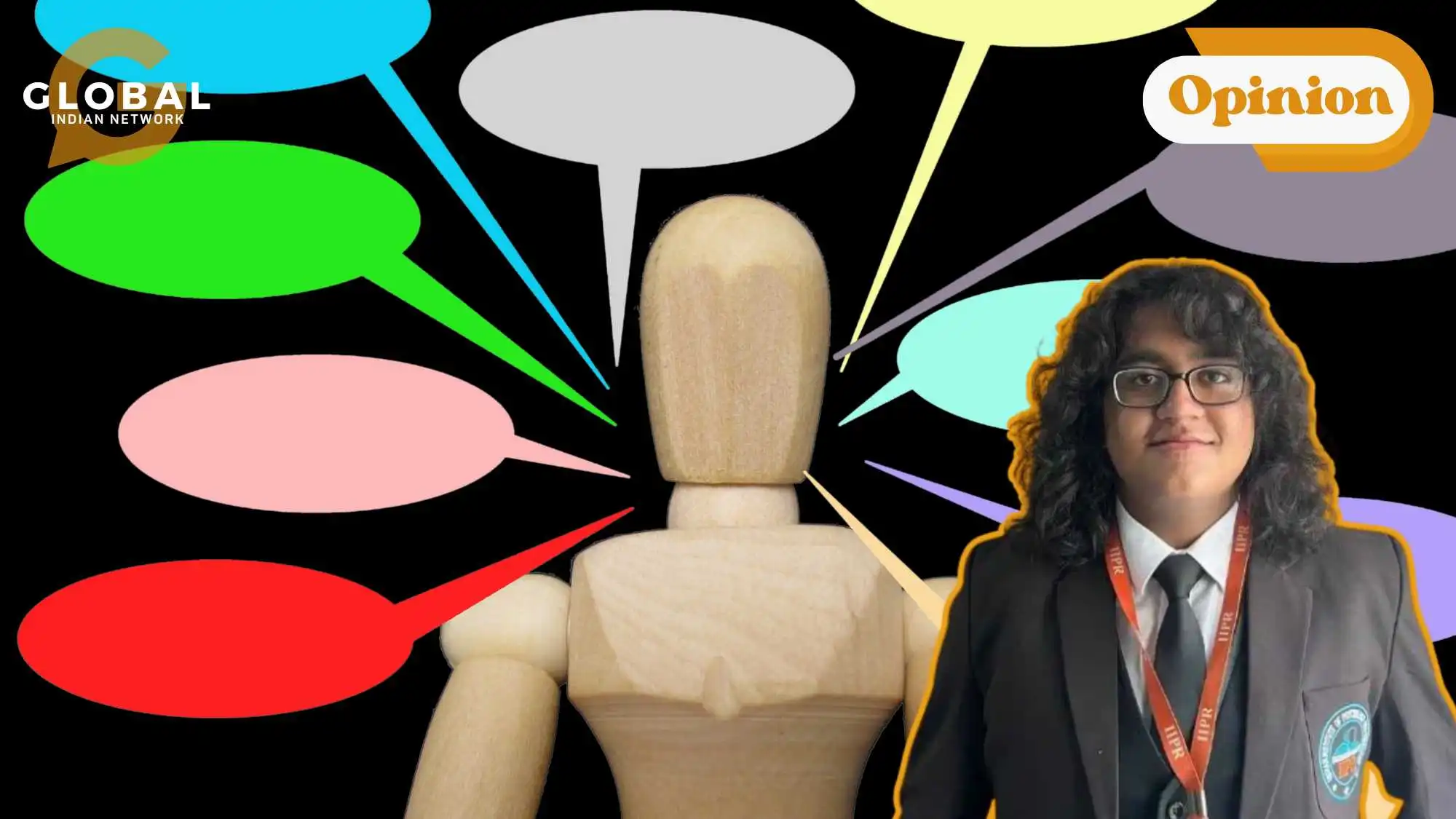In fiction, the narrator’s voice is an important part of how readers perceive a story. From third-person to first-person points of view, there is often the use of a traditional reliable narrator to tell a story. These traditional narrators present or recount events with a sense of objectivity, or at least try to. However, unreliable narrators disrupt this expectation and distort the ‘real’ version of events. They challenge the readers’ belief on what is right or wrong, real or fake, probable or not and go beyond just providing a stylistic quirk. These narrators add depth, tension and psychological nuance to a story.
While a reliable narrator, whether first from a 1st person POV or a 3rd person POV, may guide readers through the plot smoothly and may attempt to play a passive role in the narration process, unreliable narrators actively invoke doubts or pathological thinking patterns that make readers question the authenticity and the genuineness of all that is being presented.

Readers become attentive to the fact that they can’t fully trust the narrator, adding to a sense of mystery, ingenuity, suspense and thrill. It pushes the readers to look beyond just what is being presented and instead discern from distorted or broken views what really happened. Every action and every dialogue may be a hint towards the deceit that is happening with the reader.
Unreliable narrators are also typically layered and much more complex than standard run-of-the-mill narrators. The unreliability becomes a mask for what is really going on in their psyche- what secrets they hide or what lies they tell. Furthermore, some unreliable narrators are established by providing access to their perceived reality while also presenting us with views about their broken or psychologically damaged mental state, leaving the readers wondering what is being misrepresented. This makes them inherently compelling and allows for a deeper exploration of themes like denial, guilt, or obsession.
For instance, in The Catcher in the Rye, Holden Caulfield’s skewed perspective on the world around him reveals more about his mental state than about the actual events unfolding. His unreliability stems from his emotional instability and youthful cynicism, allowing readers to engage with his psychological depth in ways that a more objective narrative might not permit.
Similarly, in The Murder of Roger Ackroyd by Agatha Christie, the narrator Dr. Sheppard withholds crucial information from the reader. As the story unfolds, it’s revealed that he is not merely an observer but the murderer himself. This masterful use of an unreliable narrator creates a shocking twist, encouraging readers to reevaluate the entire narrative in retrospect and highlighting how bias and omission can dramatically alter one’s perception of the truth.
Stories told by unreliable narrators blur the lines between fact and fiction within the fiction itself. We are no longer aware of what is really going on, which makes this genre of narrators sort of invent fiction within fiction. The ambiguity or the twists that these narrators provide often make readers reflect on the emotionality behind the characters or invent a sense of tension within the readers. Because we are made to believe that what we are being told may not be real, it leaves us with a heightened sense of anxiety, leaving us on the edge, unsure of what will happen next.
Not only does this elevate the experience of reading and enjoying thriller or mystery, but it also provides a unique experience. An example of this style can also be seen in movies such as Shutter Island (2010) or Memento (2000), where the protagonists are unreliable narrators. However, this twist is revealed at the end, but the constant doubt and reimagination of the plot after the reveal do justice in tying it all together.
In conclusion, using an unreliable narrator is a deliberate choice that reflects the complexities of perception and truth, engages readers more actively, and enhances the psychological depth of characters and themes. While unreliable narrators can make stories more challenging, they also make them more rewarding, pushing readers to look beyond appearances and embrace the uncertainty that is intrinsic to human experience.

Let us know your thoughts in the comments below. If you have burning thoughts or opinions to express, please feel free to reach out to us at larra@globalindiannetwork.com.









